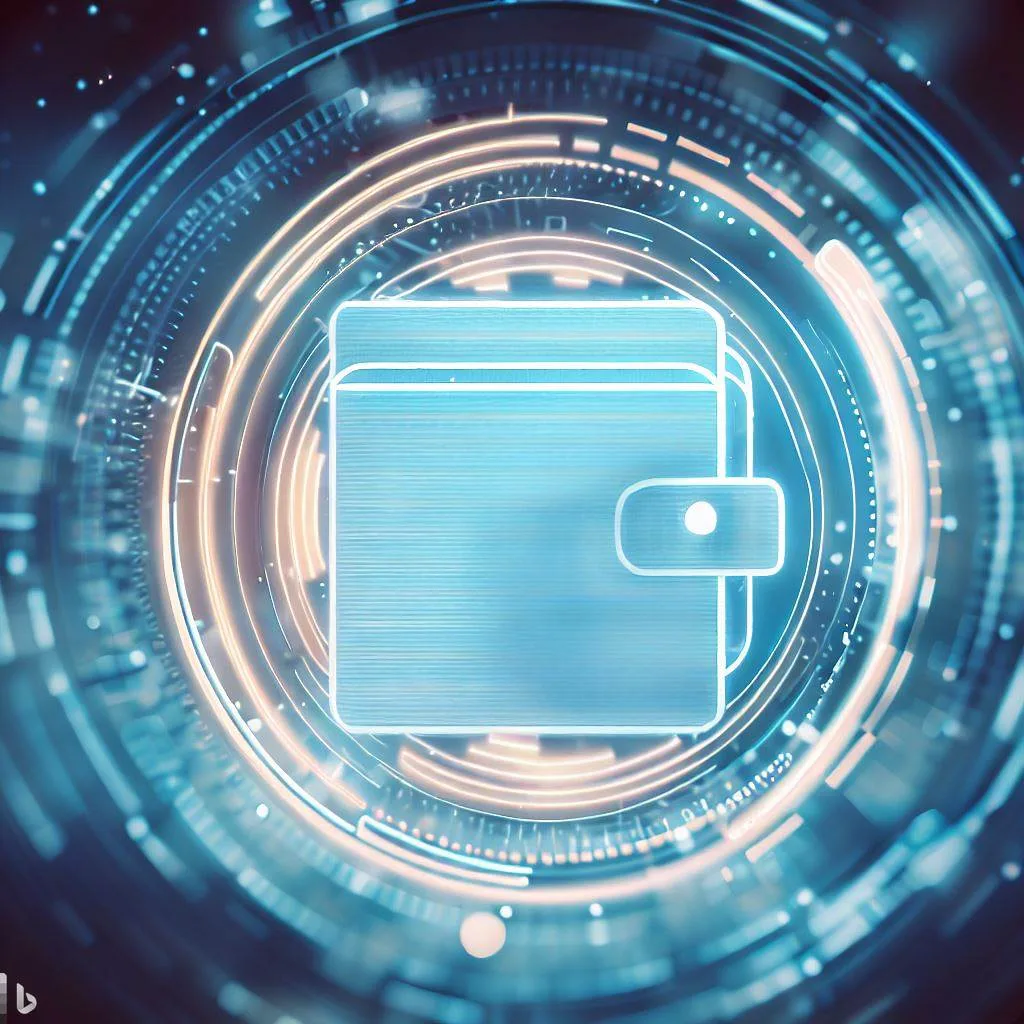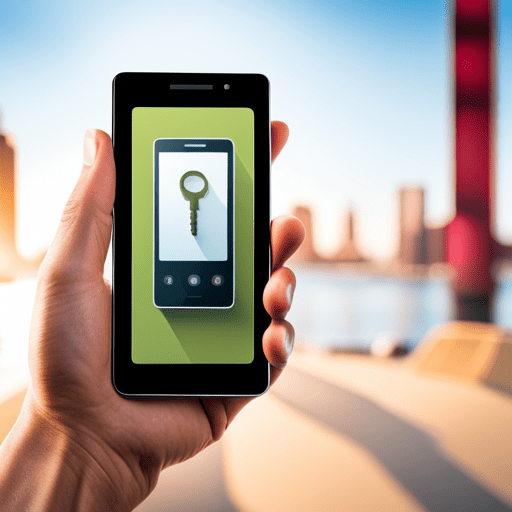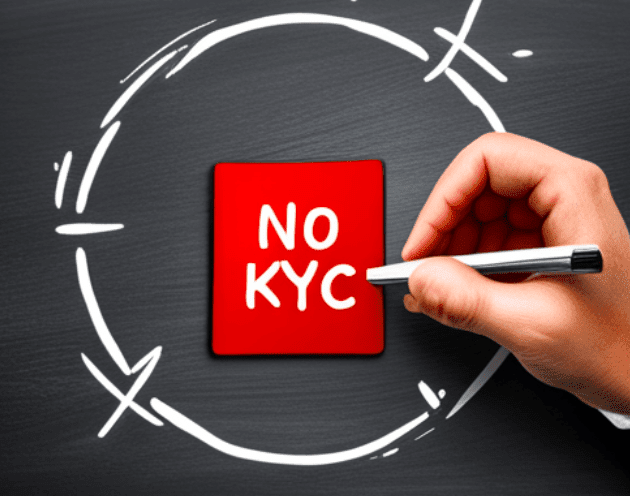Home » Knowledge Base » Security »
Non Custodial
Non Custodial Storage: A Game Changer in the World of Bitcoin

Navigating the world of custodial and non-custodial products and services can seem complex. Yet understanding the difference is key, especially in the Bitcoin sphere. Traditional custodial solutions while popular, carry inherent risks and regulatory obligations. Now, non-custodial services are emerging as a safer and more efficient alternative.
In essence, these products or services mean that businesses or applications do not have to hold any client funds. Such an approach simplifies regulatory demands, eliminating the need for complex procedures such as KYC (Know Your Customer) and AML (Anti-Money Laundering) policies.
Moreover, it significantly reduces other associated risks. Delving deeper into these products and services reveals a fresh dimension of security and control for Bitcoin users. Presenting a compelling case for their wider adoption. This shift towards non-custodial solutions is reshaping the Bitcoin landscape. Promoting more secure and transparent financial transactions.
Non-Custodial Wallets


Looking for a secure way to store your Bitcoin without the involvement of a third party? Consider a non-custodial wallet, the ultimate tool for maintaining full control over your digital assets. With a non-custodial wallet: You, the user are the exclusive holder of the private keys (?) linked to your Bitcoin This means that you enjoy complete ownership of your holdings. A freedom not offered by custodial wallets where entities such as banks or exchanges have custody of your funds.
Non-custodial wallets present a quintessential aspect of digital autonomy. An ideal associated with personal freedom, self-reliance and asset control. This self-custody approach shifts the responsibility of securing your assets solely onto you, an important consideration to bear in mind. An important saying goes: Not your keys, not your coins. You are only the real owner of your funds when you hold the keys yourself!
When it comes to types of non-custodial wallets: You can opt for hardware wallets, hot wallets, cold wallets or multisig wallets. These storage options keep your private keys in your own reach, making them less vulnerable to counterparty risk and thus boosting security. By choosing a non-custodial wallet, you’re opting for a robust and independent approach to safeguarding your Bitcoin. Reinforcing the principles of autonomy and sovereignty in the digital asset space.
Multisignature As Foundation For Non-Custodial Services


Multisignature technology plays a crucial role in making custodial services non custodial. With multisignature, the collateral or escrow can be deposited in a multisignature address. The private keys (?) can be shared among the different parties involved. This way, the company delivering the service doesn’t hold any funds but only a part of the signing keys. As a result, the customer retains ownership over their bitcoins while enjoying the benefits of the 3rd party service. Examples of these services are decentralised exchanges, decentralised lending services, collaborative custody and decentralised escrow services.
Enhanced security is a pivotal benefit of non-custodial services, particularly for businesses seeking to mitigate the risk of substantial financial losses due to cyber threats. By employing non-custodial methods and eliminating the need to store customer funds, businesses inherently reduce their vulnerability. At the heart of these innovative strategies lies multisig technology, a revolution in securing the funds, which not only fortifies the safety of operations but also fosters trust among users.
By integrating multisig into their operations, companies create a robust and secure framework that deters potential hackers, thereby bolstering their credibility. This shift to non-custodial services via multisignature, where the collateral is held in a multisig address. Drastically reduces the risk associated with holding customer funds. The keys are distributed among the concerned parties, allowing the customer to maintain ownership of their bitcoins while still reaping the benefits of the third-party service. Thus, with multisig technology, businesses can deliver superior services without compromising on security. Thereby driving user confidence and business growth.
The Advantages of Non Custodial Services


The advantages of non-custodial services embody the essence of decentralisation, offering users a safer pathway to financial autonomy devoid of the risks present in centralised systems. In a non-custodial context, the potential pitfalls of theft, hacks or asset confiscation are significantly mitigated since centralised parties aren’t entrusted with vast monetary reserves. This unique, decentralised approach imbues a sense of confidence and security among businesses and customers.
Additionally, by bypassing the often harsh conventional regulatory frameworks, including Know Your Customer (KYC) and Anti-Money Laundering (AML) mandates, non-custodial services present a more flexible and user-friendly alternative. This accessibility and absence of regulation can attract a broader demographic. Expanding the reach of these services and thus promoting inclusivity within the financial ecosystem.
The Future of Non-Custodial Services


Non-custodial services revolutionise the realm of financial transactions by imbuing users with a partly or complete authority over their funds. Their application, currently dominant in the Bitcoin ecosystem, is poised to permeate other sectors because of the unparalleled security and control they provide by not holding users’ assets. This ground-breaking advancement in decentralised finance and peer-to-peer transactions underscores the potential for amplified financial independence and robust security.
As these services continue to gain popularity, they’re expected to redefine financial transactions, paving the way for an innovative future of empowered individuals and businesses that exercise full sovereignty over their funds. This evolution signifies an exciting era of possibilities for DeFi and peer-to-peer trading, transforming financial landscapes globally.
Conclusion:
As the Bitcoin world evolves, services that don’t hold customers funds are stepping into the spotlight. Transforming the way we interact with digital assets like Bitcoin. By removing the need for conventional custodial services, these trailblazing solutions offer enhanced security and regulation flexibility, putting the user firmly in the driver’s seat. The secret to their success lies in innovative technologies like multisignature and collaborative key sharing.
These technologies empower businesses to deliver services that are not just secure and transparent, but also ensure that customers retain control of their funds. As we look towards the future of finance, it’s becoming increasingly clear that services that empower the user – not holding onto customers’ funds – will be key players. Embrace the power of non-custodial services and take control of your Bitcoin journey. Plus, remember: Not your keys, not your coins! Choose to hold your own keys whenever possible!

